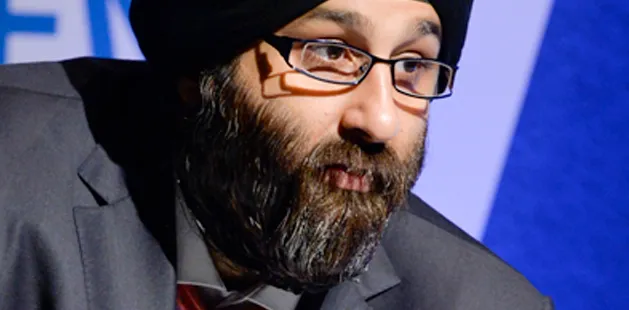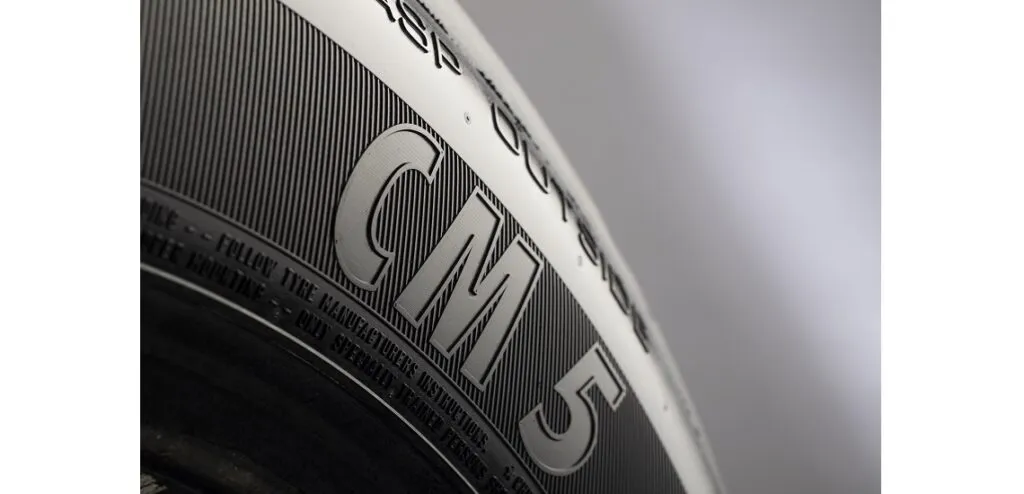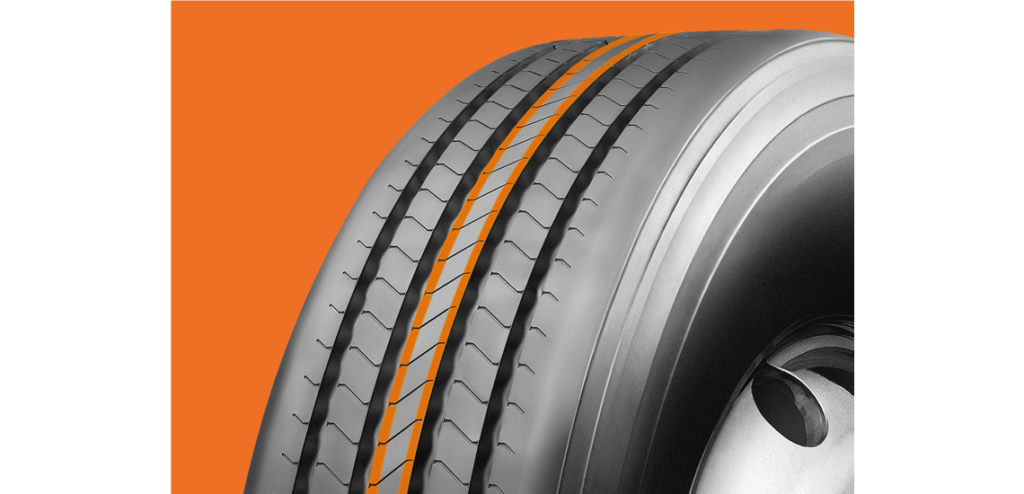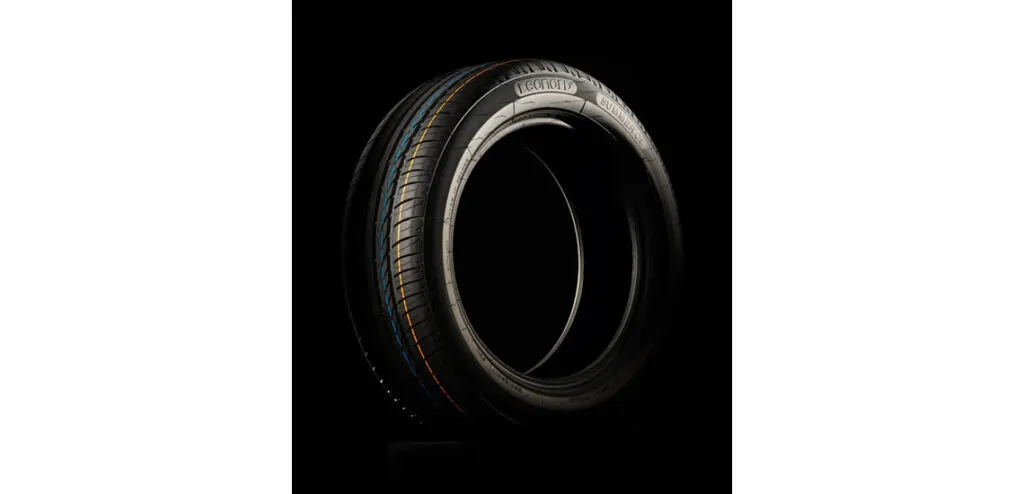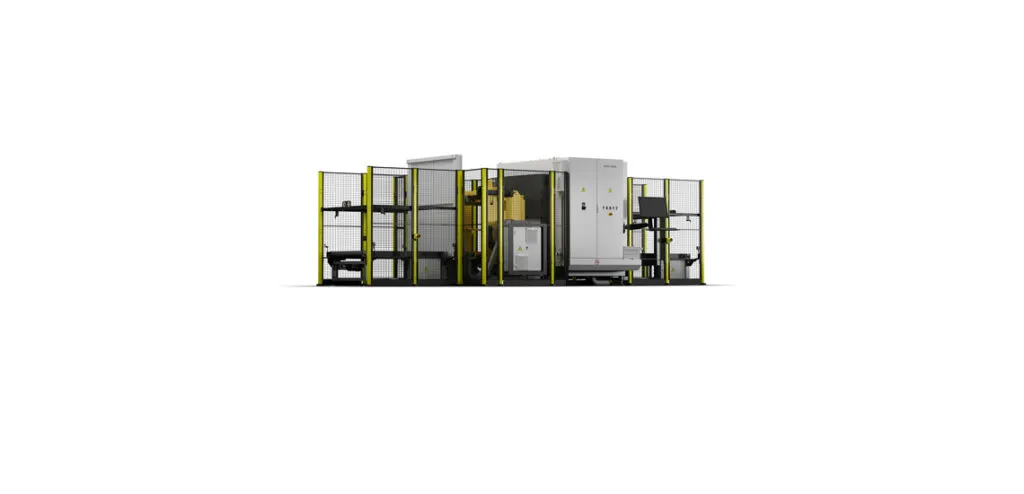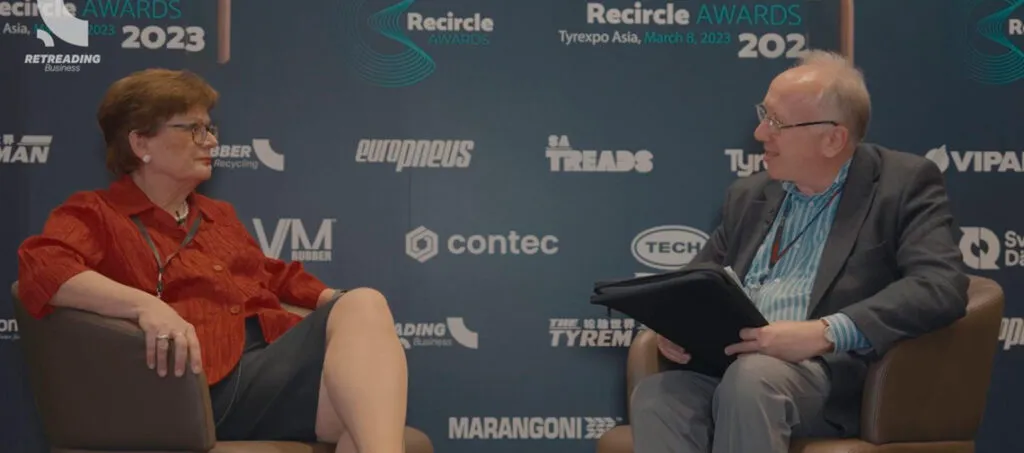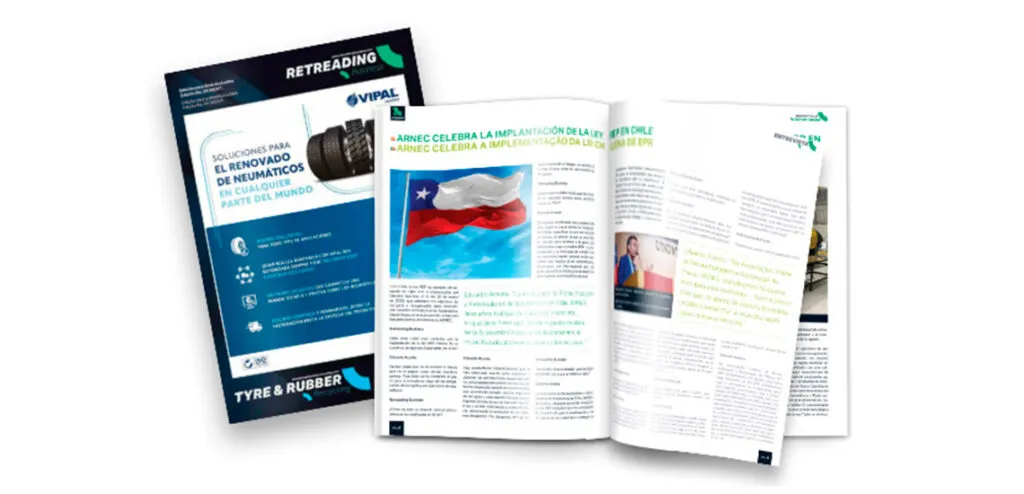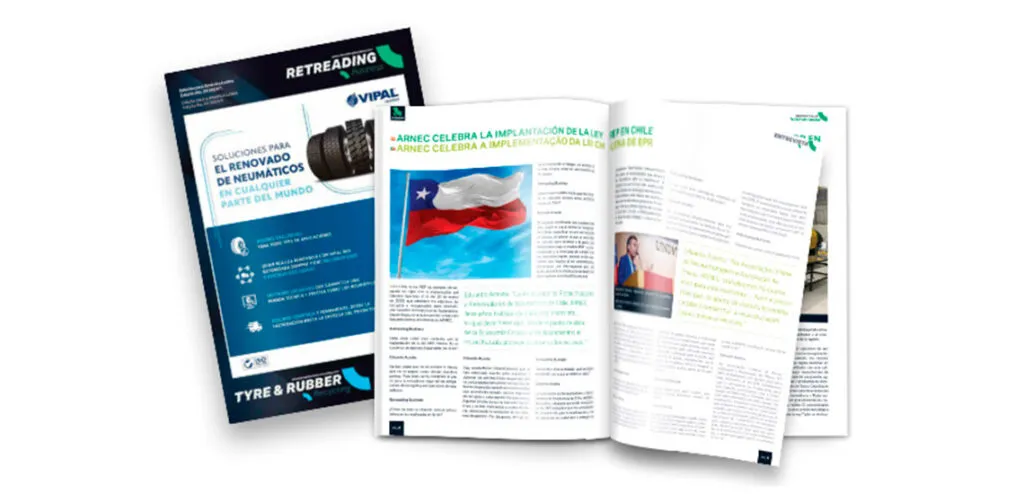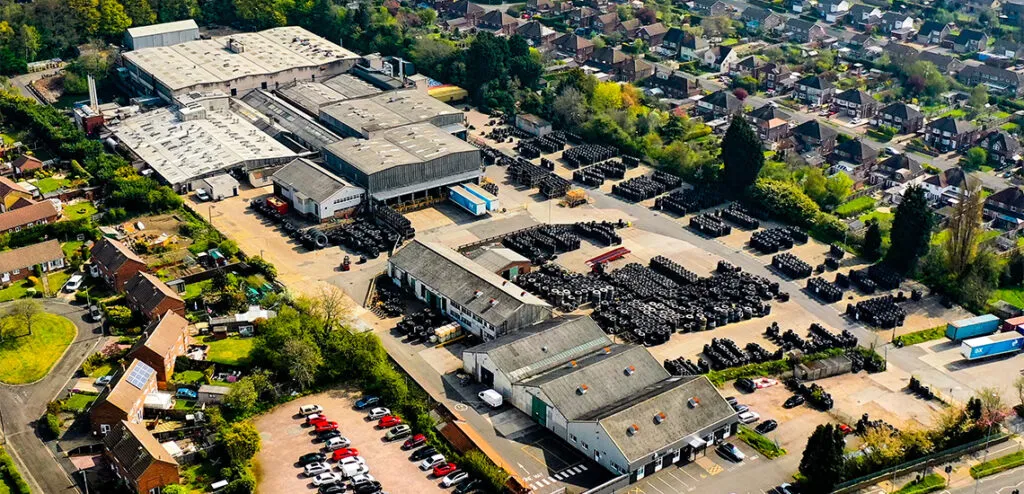In advance of Earth Day, we publish the views of Haarjeev Kandhari, Chairman at UK-based retreader Vaculug on the impact of exaggerated media tactics on the towards a more sustainable world.
Why I Don’t Read the News Anymore
I don’t read the news anymore because most of it is exaggerated nonsense that isn’t worth the paper it’s written on.
In the age of the 24-hour news cycle, shock, scandal and triviality are all too often prioritised over real journalism, and stories are frequently littered with fabrications, inaccuracies, and in some cases blatant mistruths. I mean, if you were to believe all you read, you’d be forgiven for thinking that the world has been coming to an end for at least the last 100 years!
For example, I’ve been told that the latest headlines warn of inevitable doom and climate disaster if we don’t drastically change our lifestyles NOW, and there’s talk of banning meat and the sale of petrol and diesel cars by the year 2030. But will any of this actually happen? No, of course it won’t! Europe is already watering down the ‘green promises’ they made by introducing an e-fuel exemption, and Britain are subsequently under pressure to perform yet another famous government U-turn on their own ‘environmental commitments’.
The fact is that I’ve seen it all before, and it’s actually getting boring now. It’s the same exhaustive cycle repeating itself — the media warn of something extreme and cataclysmic that’s clearly never going to happen, like ending car ownership, and the public reacts with anger and incredulity. And then when the worst-case scenario doesn’t happen, the public breathes a collective sigh of relief and the cycle starts again. It’s an old tactic that’s used to drain people’s political will and distract them from taking any meaningful action that might disrupt the status quo and force actual systemic change.
Because the majority of the problems that we see being reported about all have the same underlying causes — poverty, inequality, corruption and a lack of investment in sustainable development. And whilst the mainstream media are very good at reporting about these ‘isolated’ events, they obscure the bigger picture so that the underlying causes are never addressed, and those in power are never held accountable. Most media is not there to educate or inform; it exists to distract and divide people, to provoke an emotional reaction, rather than a considered rational response.
But don’t let this blind you to the good there is because more people are waking up to the deception and hypocrisy of so many of our ‘trusted’ leaders and news outlets. And for every charlatan who’s in a position of power, there are also people with a true sense of moral integrity, who genuinely want to protect the planet for the next generation and are prepared to take action to achieve it.
The future is much brighter than we’ve been led to believe by the likes of the climate activists and other doomsayers, whose voices have been conveniently amplified by the mainstream media.
Of course, our lifestyles will change. The way that we eat and travel from place to place will evolve to reflect the changing needs of society, as has always happened since time immemorial. But this is nothing to be scared about. Change is, and always has been, inevitable. It’s something to be embraced rather than feared.
But the deceptive tactics used by the media are insidious and pose far more of a threat than any of their spurious warnings and imaginary enemies. So, what’s my advice? When it comes to the mainstream media, don’t allow yourself to get sucked in.

